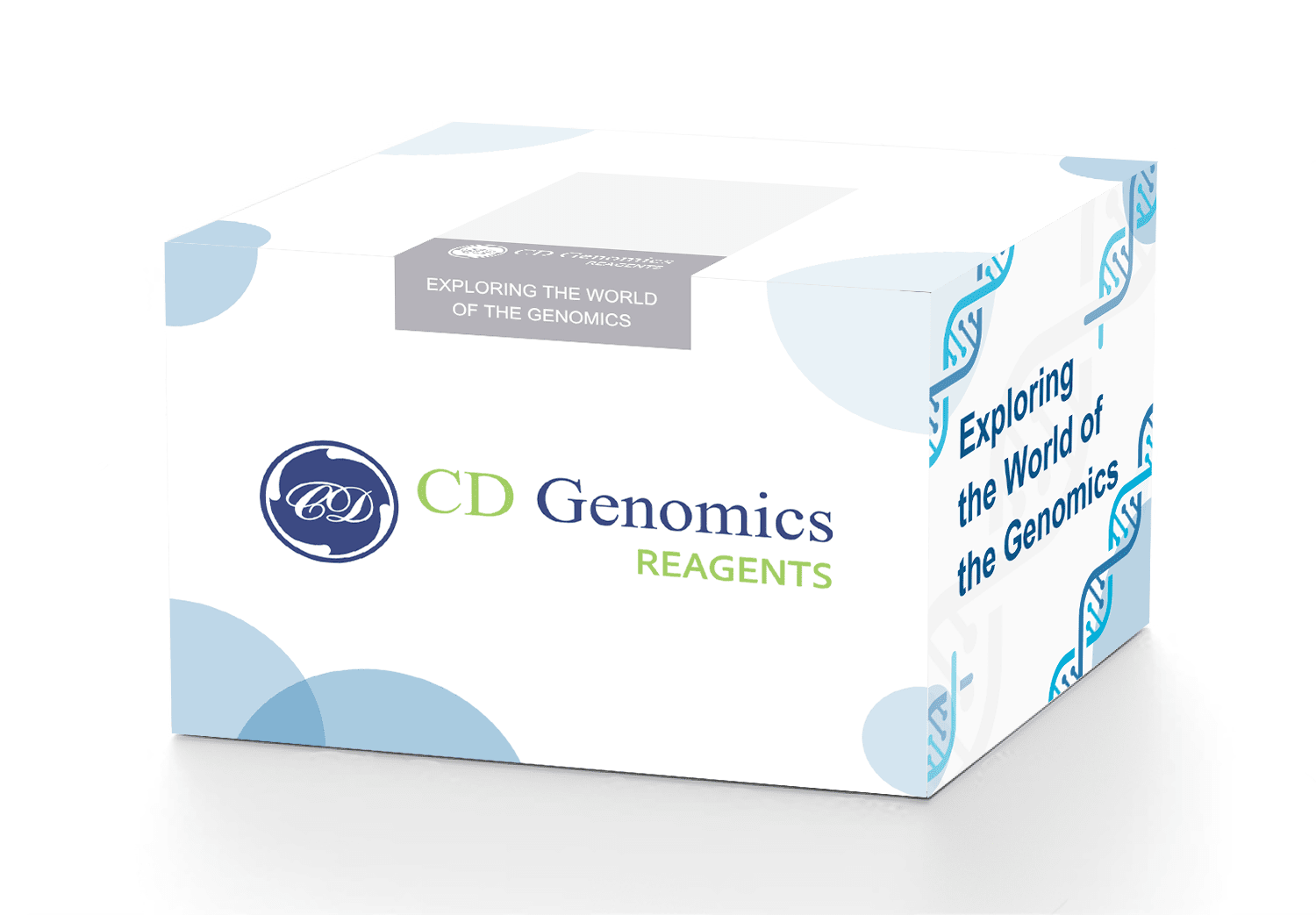The Rapid DNA extraction and PCR amplification Kit uses a unique buffer system to extract DNA and amplify PCR from a wide range of sample types, including plant tissues, animal tissues, blood, fungus, and bacteria, in a single step. The Kit includes both the DNA extraction solution and the PCR amplification reagents. The entire exaction procedure performed at room temperature is fast and convenient without the steps of removing impurities and purification. 2x Det PCR MasterMix comes with all of the necessary reagents for amplification, including Taq DNA polymerase, dNTPs, MgCl2, buffer, and more. Because of the aforementioned factors, the Kit is better suited for high-throughput screening. Plant tissues, seeds, animal tissues, blood, fungus, and bacteria are all acceptable sample types.
Storage:
Buffer B1 and Buffer B2 can be stored dry at room temperature (15-25°C); 2x Det PCR Reagent could be stored at -20°C.
Specifications:
| Features | Fast and convenient workflow enables DNA extraction within 5min. PCR amplification with high compatibility, high efficiency and specificity. |
| Application | It is recommended to use this kit for DNA extraction and PCR amplification. |
| Species Category | plants, animals, fungus, bacteria |
| Sample type | plant tissues, seeds, animal tissues, blood, fungus and bacteria |
1. Prepare the reaction solution in a RNase-free PCR tube as follows:
| RNase free ddH2O | to 20 μl | |
| 2x One Step Q Probe Mix | 10µl | |
| One Step Q Probe Enzyme Mix | 1µl | |
| 50x ROX Reference Dye 1 | 0.4µl | |
| Gene Specific Primer Forward (10 μM) a | 0.4µl | |
| Gene Specific Primer Reverse (10 μM) | 0.4µl | |
| TaqMan Probe (10 uM) b | 0.2µl | |
| Template RNA c | Total RNA: 1 pg-1 μg |
Note: For each component, the volume can be adjusted according to the following principle:
a. The final concentration of primer is usually 0.2 μM, and if necessary, it can be adjusted between 0.1 μM and 1.0 μM.
b. The final concentration of TaqMan Probeprimer can be adjusted between 50 nM and 250 nM.
c. The accuracy of template volumes significant impacts on the qPCR results, due to the high sensitivity this kit. Therefore, to improve experimental repeatability, it is recommended to dilute the template and pipet more volume to the reaction system.
2. Place the sample in a qPCR instrument and run the following program for One Step qRT-PCR:
Standard Program
PCR cycle set-up
| Stage 1 | Reverse Transcription | Reps: 1 | 50°C a | 15 min |
| Stage 2 | Pre-denaturation | Reps: 1 | 95°C | 30 sec |
| Stage 3 | PCR Cycles | Reps: 45 | 95°C | 10 sec |
| 60°C | 30 sec b |
Fast Program (suitable for most One Step qRT-PCR)
| Stage 1 | Reverse Transcription | Reps: 1 | 50°C | 5 min |
| Stage 2 | Pre-denaturation | Reps: 1 | 95°C | 30 sec |
| Stage 3 | PCR Cycles | Reps: 45 | 95°C | 5 sec |
| 60°C | 20 sec b |
Note:
a. For templates with complex secondary structure or high GC-content, the temperature can be increased to 55℃, which will improve the sensitivity and performance.
b. The extension time varies between different qPCR instruments used. For ABI 7700 and 7900HT, the extension time should be ≥ 30 sec; for ABI 7000 and 7300, the extension time should be ≥ 31 sec; for ABI 7500, ≥ 34 sec; and for ABI StepOne Plus, ≥ 10 sec.
c. Please check the fast program is compatible for the qPCR instrument.
Tips:
- The 2× One Step Q Probe Enzyme Mix contains glycerol. Before pipetting, please collect the liquid by a brief centrifugation.
- To avoid RNase contamination, please keep the experiment area clean, wear clean gloves and masks, and use RNase-free tubes and tips.>



